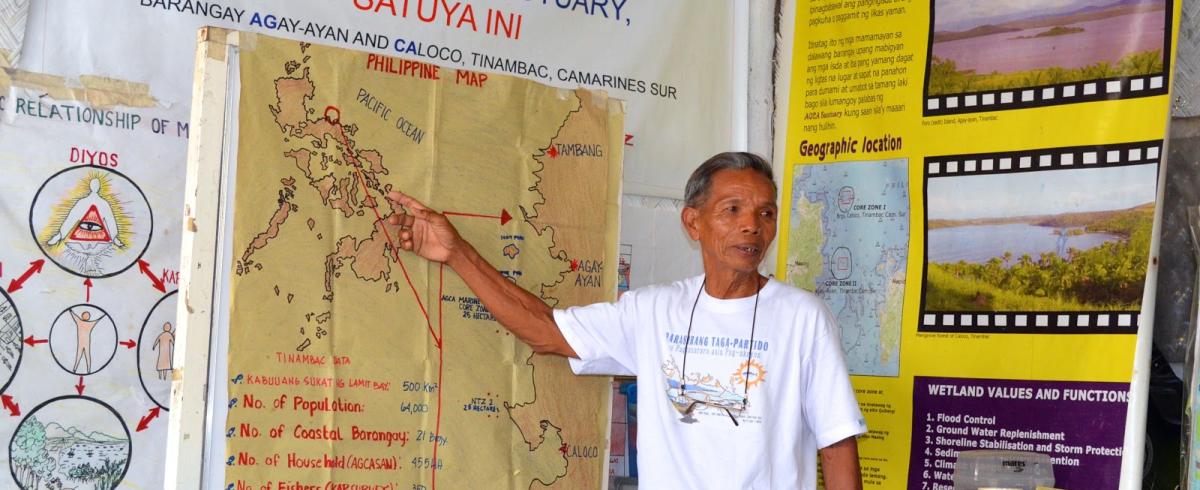Conservation Strategy Fund's Fisheries Economics & Policy Videos
CSF designed the Fisheries & Economic Policy video series for environmental professionals, government staff, community leaders and other key stakeholders involved in fisheries management. This high quality video series provides insights into the economic drivers of overfishing, and shows how an understanding of these economic forces can lead to the design of more successful management and policy interventions.

